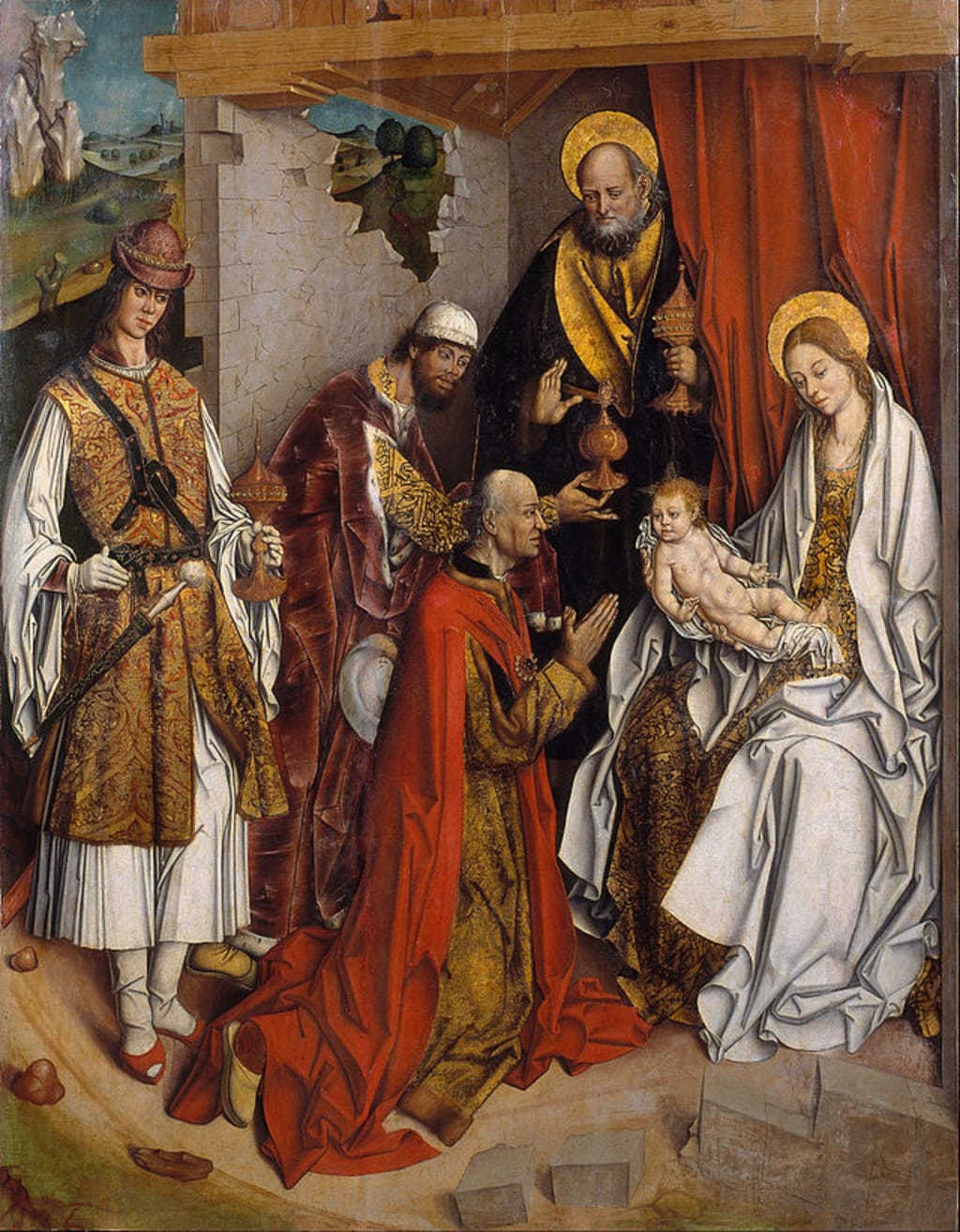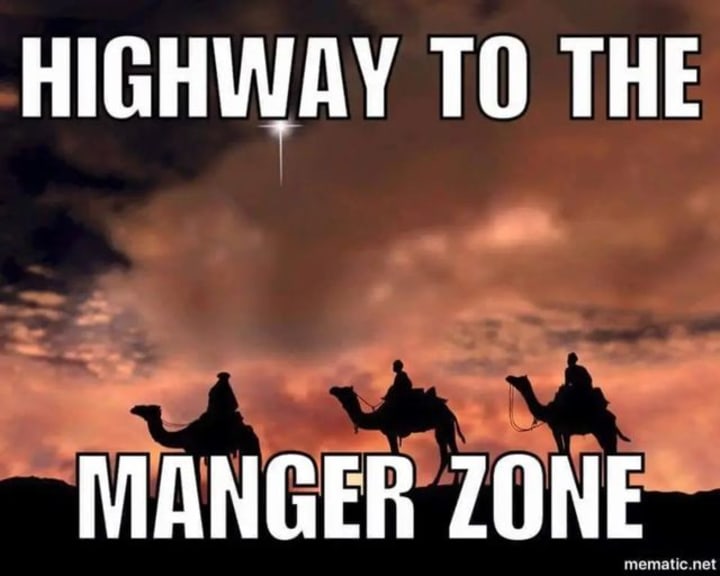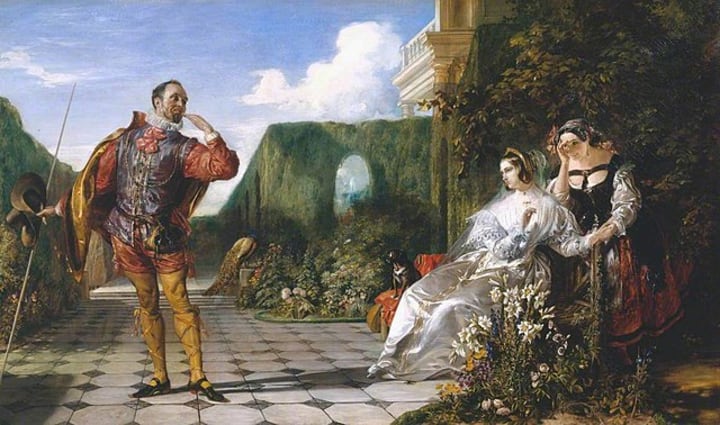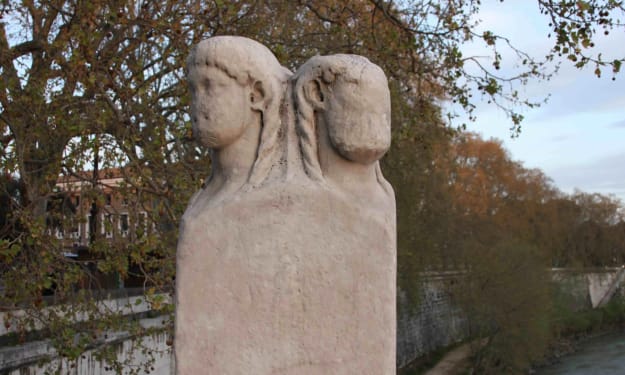History of Epiphany and Twelfth Night
Ending the 12 Days of Christmas?

Twelfth Night is on January 5, the eve of Epiphany.
Epiphany occurs in the Christian calendar on January 6, signifying the event of the Magi, or Wise Men, visiting the baby Jesus. It is known in some Latin cultures as the Feast of the Three Kings or Three Kings Day.
Or, as my friend Tim LeCroy likes to say,
Epiphany is the…

In the Eastern Orthodox and Oriental churches, it is known as the Feast of Theophany (God Manifest), commemorating Jesus’ baptism with the attendant appearance of the Holy Spirit as a dove and the voice of God the Father. This story is recounted in all four Gospels of the New Testament. This date is also tied to Jesus’ miracle of changing the water to wine at the Wedding at Cana in the Gospel of John, Chapter 2.
Christmas vs. Advent
So, the 12 Days of Christmas don’t end at Christmas; Advent does. Instead, the 12 Days start with Christmas and end with Epiphany. These 12 days are sometimes called Christmastide. The subsequent “season” of Epiphany lasts from January 6 through the day before Lent. Some Latin American and European cultures extend this season to February 2 or Candlemas.
Epiphany In the East
“Epiphany” is a Greek word that means manifestation, appearance, revelation, or showing forth. Historically, Epiphany began in the Eastern Church as the celebration of the nativity of Jesus Christ during the 1st century. In the 2nd century, St. Clement of Alexandria discussed this celebration and the night vigil before the Feast. St Hippolytus and St Gregory the Wonderworker discussed this observance.
As the celebration of Christmas spread eastward, Epiphany changed to its present meaning. It is sometimes called the Feast of Lights. It is ironic that in years when Chanukah overlaps Christmastide, that Epiphany is so close to Chanukah. We recall that the villain in the Chanukah narrative was Antiochus Epiphanes IV, or “Antiochus, God made manifest.”
Epiphany In the West
In the Western churches (Protestants, Catholics, and Anglicans), Epiphany commemorates the “adoration” of the Christ Child by the Magi as they presented their gifts. In this way, they were “revealing” Jesus to the world as Lord and King.
Twelfth Night

The preceding evening is called the “Twelfth Night,” being the 12th Night of Christmas. William Shakespeare‘s play by the same name, sometimes called What You Will, is believed to have been written as entertainment for the last of the 12 Days of Christmas.
There remains some confusion on which date Twelfth Night actually occurs. The older tradition, based on the custom during the Middle Ages, was that the beginning of a day started the evening before. This places Twelfth Night on the eve of January 5. Later traditions, where the day begins at midnight, have Twelfth Night on January 6 with a party and the exchange of gifts.
The Russian Orthodox church’s Christmas, or “Feast of the Nativity,” is celebrated on January 7. Many Eastern Orthodox churches follow the older Julian Calendar rather than the more widely accepted Gregorian Calendar. In the Julian Calendar, December 25 corresponds to approximately January 7 in the Gregorian Calendar.
January 5 is Paramony, also known as the Forefeast of Theophany, the Eve of the Feast of Epiphany, paralleling the December 24 Feast of Christmas Eve.
By the way, you may now take down your Christmas decorations.
Bill Petro, your friendly neighborhood historian
Subscribe to have future articles delivered to your email. If you enjoyed this article, please consider leaving a comment.
About the Creator
Bill Petro
Writer, historian, consultant, trainer
https://billpetro.com/bio






Comments
There are no comments for this story
Be the first to respond and start the conversation.